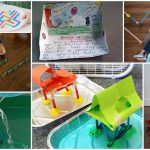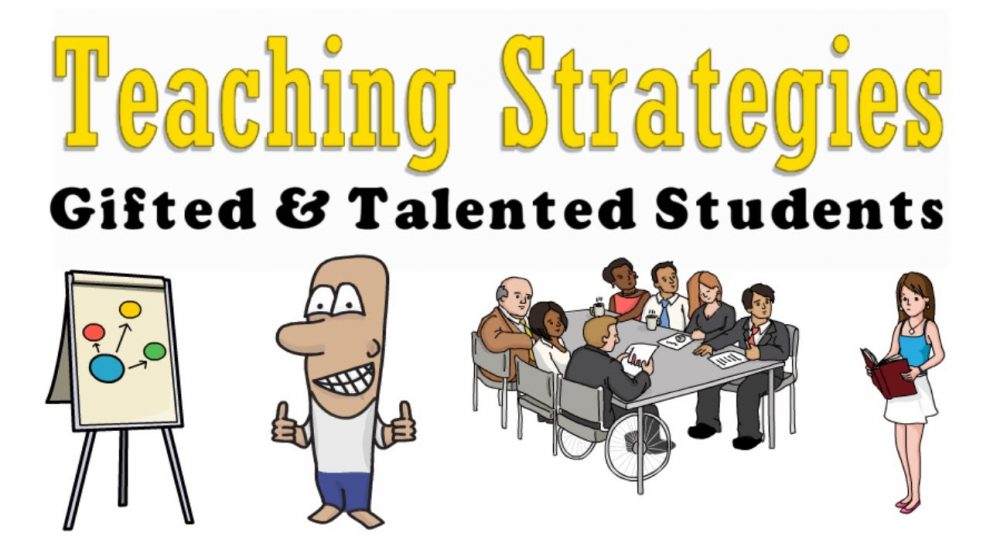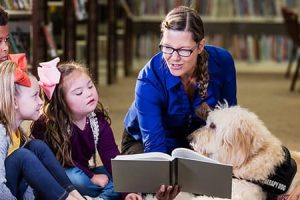
Introduction:
Teaching gifted students in special education programs presents a unique set of challenges and opportunities. These students possess exceptional intellectual abilities, often alongside learning and social-emotional differences that require specialized support. In this article, we will explore effective strategies for teaching gifted students in special education, considering the importance of individualized instruction, creating an enriched learning environment, and fostering social-emotional growth. By leveraging technology and embracing best practices, we can ensure that gifted students in special education programs receive the tailored education they need to reach their full potential.
1. Individualized Instruction: Nurturing Giftedness
Gifted students in special education programs require individualized instruction that caters to their unique strengths, interests, and learning styles. As Howard Gardner, a renowned psychologist and researcher, once said, “The biggest mistake of past centuries in teaching has been to treat all children as if they were variants of the same individual.”
Tailoring instruction through differentiated learning plans and flexible pacing allows gifted students to explore advanced concepts and delve deeper into subjects of interest. Through individualized instruction, educators can provide appropriate challenge and support to foster the intellectual growth of gifted students.
2. Enriched Learning Environment: Stimulating Curiosity and Creativity
Creating an enriched learning environment is essential for engaging and stimulating gifted students’ curiosity and creativity. As Albert Einstein famously said, “Imagination is more important than knowledge.”
Incorporating technology, hands-on projects, and interdisciplinary approaches can provide avenues for exploration and self-expression. Gifted students benefit from exposure to real-world applications of knowledge and opportunities to engage in critical thinking, problem-solving, and creative expression. Providing access to advanced resources, such as online courses or mentorship programs, can further enrich their learning experiences and extend their educational opportunities.
3. Fostering Social-Emotional Growth: Addressing Unique Needs
Gifted students in special education programs often experience social-emotional differences, including asynchronous development and heightened sensitivities. Recognizing and addressing these needs is crucial for their holistic development. As Temple Grandin, a renowned advocate for individuals with autism, once said, “Different, not less.”
Creating a supportive and inclusive classroom environment that nurtures social-emotional growth is essential. Gifted students can benefit from opportunities for peer collaboration, social skill development, and emotional support. Educators can implement strategies such as group projects, cooperative learning, and social-emotional learning programs to foster positive relationships and enhance students’ self-awareness and empathy.
Conclusion: Nurturing the Talents of Gifted Students in Special Education
Teaching gifted students in special education programs requires a thoughtful and individualized approach that recognizes their unique abilities and needs. By providing individualized instruction, creating an enriched learning environment, and fostering social-emotional growth, educators can nurture the talents and potential of these students.
Embracing technology, leveraging community resources, and collaborating with parents and specialists are important strategies for meeting the diverse needs of gifted students. By tailoring instruction, stimulating curiosity, and supporting social-emotional well-being, we can empower gifted students in special education programs to thrive academically, socially, and emotionally.

















